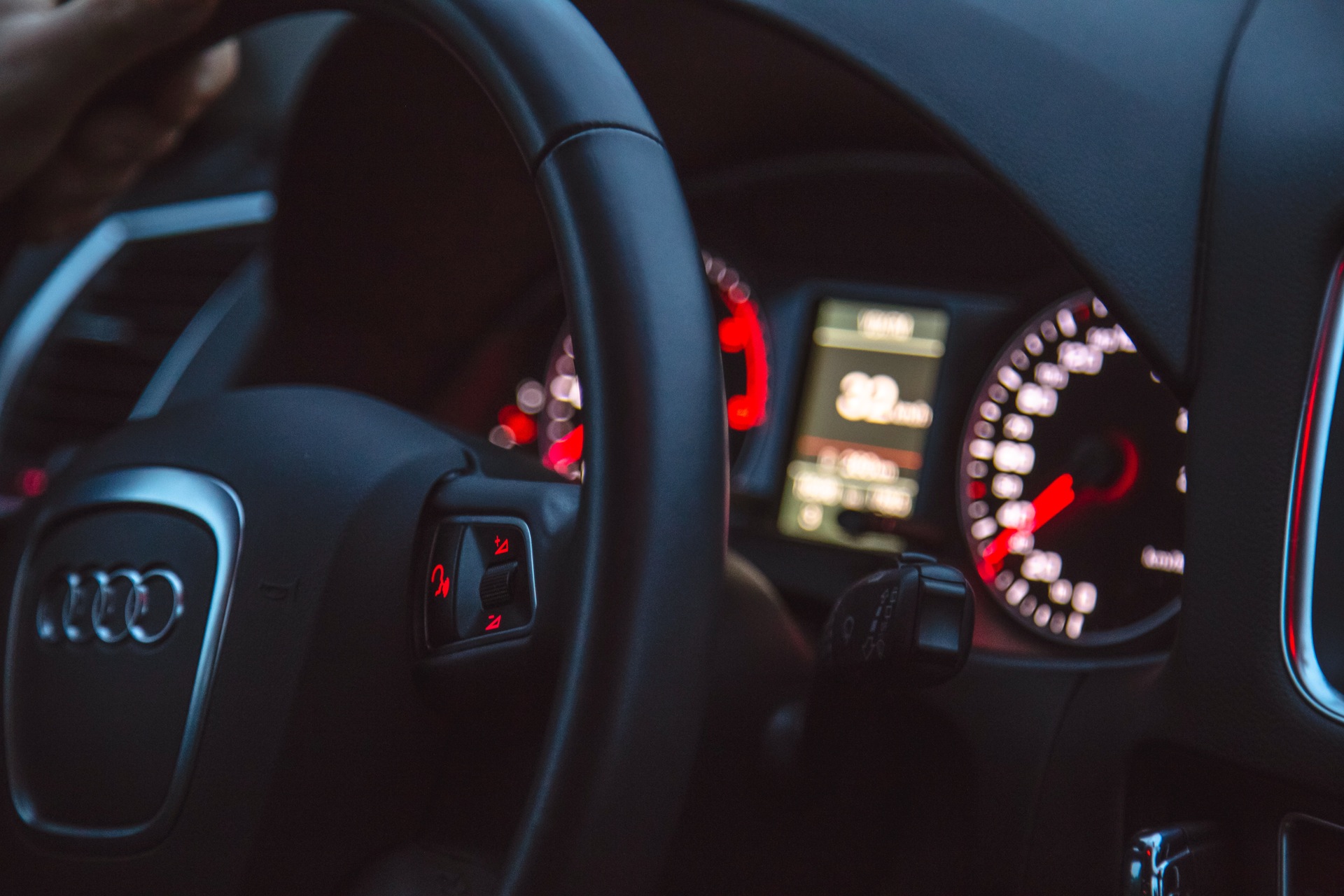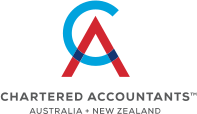Are you ready to report your business-related motor vehicle expenses this year? Nitschke Nancarrow’s Kym Nitschke describes the recent changes made to the Tax Return system.
The Australian Tax Office recently changed and simplified the method for calculating business-related motor vehicle expenses. There are now only two methods to choose from:
– Cents per kilometre
– Logbook method
Fortunately, you still get to pick which option works best for your lifestyle and circumstance. Which method should you choose for filing your Tax Return?
The Cents Per Kilometre Method
The cents per kilometre method has been around for a little while. But the recent changes have standardised the rate at which you can track the distance your vehicle traveled.
Before the changes, the amount per kilometre was determined by engine size. As of this income year, all vehicles can report only the standard 66 cents per kilometre.
There is a limit to this arrangement, however. An individual can claim up to 5,000 kilometres for business purposes in an income year. If two people are both owners of a vehicle, then they can individually claim up to 5,000 kilometres of business use, as well.
The upside to this method is that you don’t need to provide any written documentation of use to report the distance traveled and claim the expense.
The Logbook Method
The second option for reporting motor vehicle expenses requires a little more paperwork than the cents per kilometre method.
When we say paperwork, we mean that you’ll need to do some detailed record keeping.
You’ll need to use a logbook for at least 12 consecutive weeks. This will be an accurate record of the use of your vehicle during that time. From the records, you’ll be able to figure out the percentage of how much of that use was for your business.
This percentage is the basis for calculating how much you can claim for that income year and remains valid for up to five years (you’ll only need to redetermine your percentage with a new logbook once every five years).
What records do you need to keep track of?
Your logbook should indicate the following:
– Each journey’s start and end time
– The odometer readings at the start and end of each journey
– How many kilometres were traveled
– The reason for the trip
Again, remember to keep these records for 12 consecutive weeks. At the end, divide the number of kilometres traveled for business by the total number of kilometres traveled. This will give you the percentage you need for determining business use.
In turn, this percentage is applied to vehicle expenses or running costs to determine how much of those costs went towards the business use of the car.
What expenses can you claim?
Fuel and oil are the primary running costs. How much you spent on fuel and oil can be based on receipts you’ve kept, or estimated based on odometer readings. Other expenses will require written evidence to claim.
It’s important to note that capital costs do not get factored into the vehicle’s expenses. Other applicable expenses include servicing, registration, insurance and vehicle depreciation.
You can buy a pre-printed logbook from a stationary supplier or simply design your own. There are even electronic logbooks available in the form of smartphone apps.
Lodging Your Taxes for the 2015-2016 Income Year and Beyond
So for reporting your work expenses in connection with your motor vehicle, you have a couple of options to choose from. You might prefer the simplicity of the cents per kilometre method. Perhaps you might like the logbook method better because it’s more proportional to your actual business use of your car.
For many people, motor vehicle expenses are an important part of their tax claim and seeking the advice of an experienced accountant is highly recommended.
We’re happy to help. Give our office a call on (08) 8379 9950 or send me an email for more information.
– Kym Nitschke














